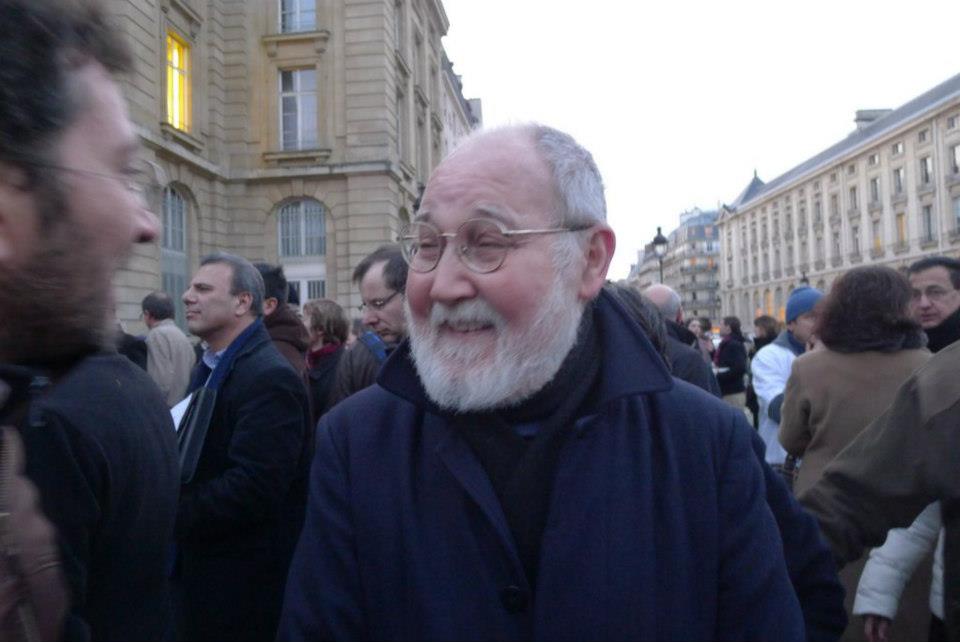Chroniques du délitement. 12 / Bachar al-Assad s’inspire de méthodes jadis fatales à l’empire ottoman

"Over the past months, the civilian and military Syrian officials have skimped in no way to force their young compatriots to join the ranks of the army or a paramilitary organizations created to assist the regular forces. Unfortunately for them, the young Syrians refuse to hear, and also unwilling to participate in the murder of their fellow citizens, or to know the fate of hundreds of soldiers left on their own and killed in abominable conditions by ISIS, they are more than reluctant to answer calls in uniform.
Having lost the confidence of a number of his followers, up to and including in the ranks of the Alawite community, it uses methods more expeditious. Waking up in the collective memory of painful memories, the abduction of young Syrians and sending them to the front without sufficient preparation, confirm the opinion of many that Bashar al-Assad, like his father and his regime are no different from forces that once occupied and enslaved their country.
The methods currently used by the government to coerce young Syrians to join the ranks of the army are compared by them to Safar Barlik, a recruitment method used in the early 20th century by the Ottoman Empire when threatened with collapse. In a desperate attempt to push back the enemy, the Sublime Porte had sent gendarmes in the countries in which still exercised authority, to remove the young men she needed. But this way of doing had proved disastrous, young and enlisted with neither the will to fight or military training that would have enabled them to withstand the enemy troops.
Numerous Syrians now hope that the same causes will cause the same effects ..."
There's also some more stuff on the same site, a five-parter on the effect of the war on women, a suggestion of régime responsibility for the theft and destruction of the country's archaeological heritage, and currently headed by a questioning of the reliability of the Syrian Observatory for Human Rights, all in French.


No comments:
Post a Comment